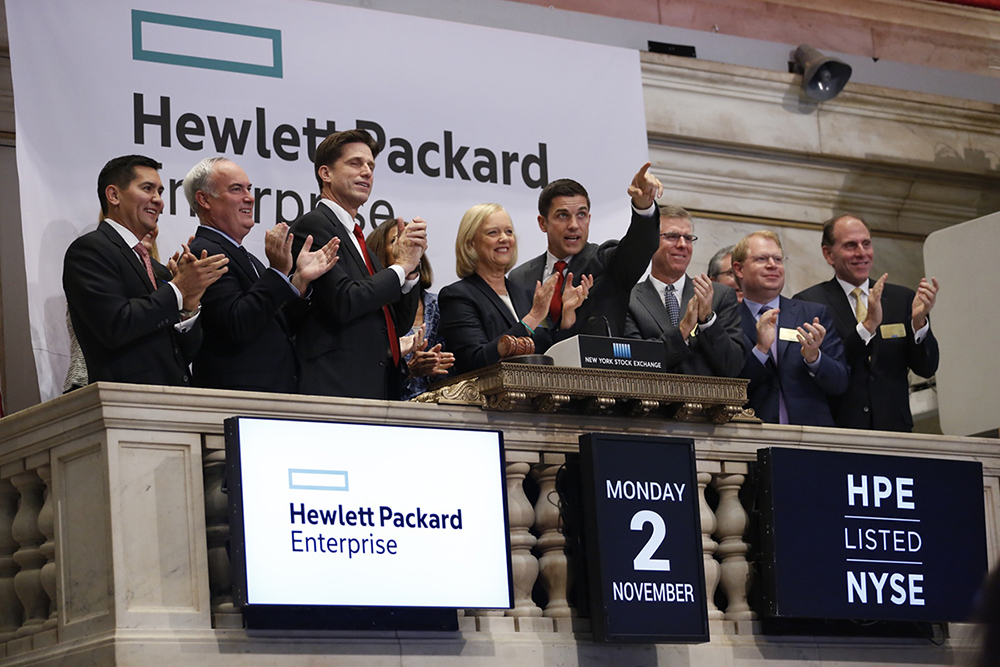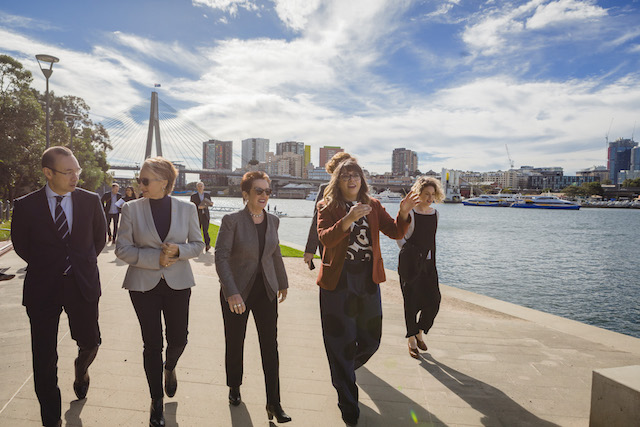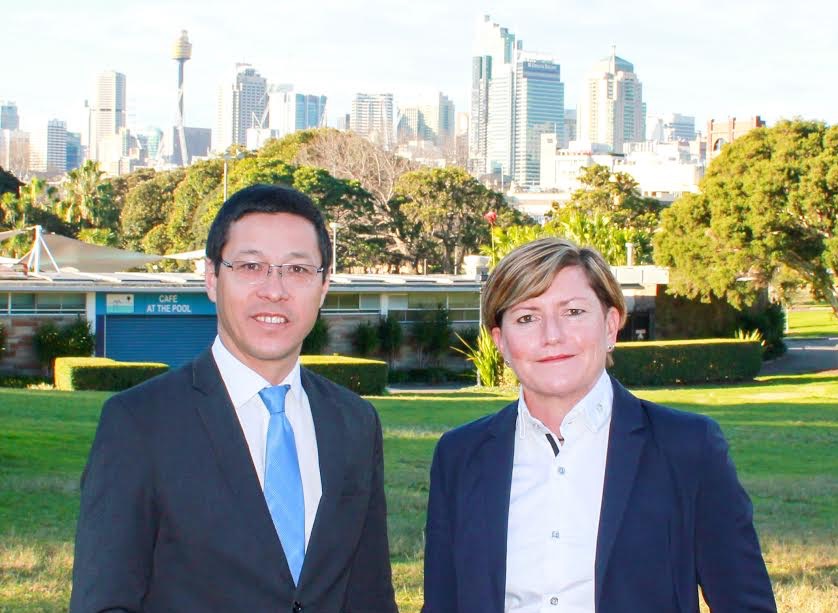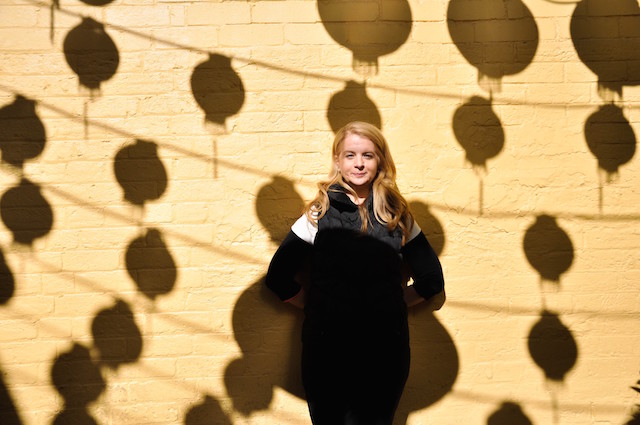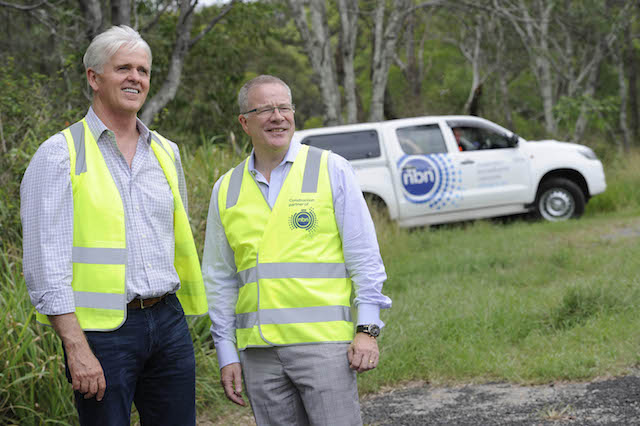Leading the City of Sydney’s Lord Mayoral race is incumbent Clover Moore. Long a thorn in side of the state’s political and media establishments, the independent Moore has safely held the city’s Lord Mayorship since beating the seemingly unbeatable Labor candidate in 2004.
Since being elected, Moore has been focused on Sydney being a ‘living and sustainable city’ with the Sydney 2030 plan being the focus of her administration. This election’s platform builds on that scheme.
While acknowledged in the 2030 strategy paper, the tech sector really didn’t feature in that document – something that reflects how late all levels of Australian government have been in recognising the industry’s role in economic development.
However in recent years the council has been developing its programs, including the Startup Action Plan and on the Clover Moore team for this year’s election Jess Scully, director of the annual Vivid Ideas festival and organiser of TEDxSydney, is the spokesperson for the campaign’s tech and cultural platforms.
“The crucial things are access to talent and space,” Scully told me when I interviewed her a few weeks ago. “There are reasons why people are attracted and drawn into the gravity of precincts in the heart of the city.”
Scully cites the city’s working with property developers to allocate space for startup hubs in new developments, the council’s support for various events and the support for infrastructure projects, not least the contentious bikepaths, to improve the city’s liveability.
Like the rest of the candidates’ teams, Jess provided the following answers to our questions.
What are your policies relating to encouraging tech startups?
“Clover has been very proactive in supporting the start-up sector and encouraging co-location, which we know amplifies the benefits of having a lot of bright minds working together. After consulting with the sector, the City adopted a Tech Start-Up Action Plan in March, which has the aim of building a robust start-up ecosystem by offering access to affordable space, promoting dense agglomeration and increasing access to funding and markets.
“Of course, it’s easy to say these things – but under Clover’s direction, the City of Sydney is already taking action – one major step has already been taken. We know Sydney can be an expensive place for start-ups to access affordable space, but in the future we want the knowledge economy well represented in the heart of our CBD. The City has negotiated a Voluntary Planning Agreement with Lend Lease to secure 3900 square metres on three floors in a prime spot on George Street at Circular Quay for tech start-ups.
“This new development will put tomorrow’s tech and start-up leaders right in the centre of the action, closer to potential clients and partners in the corporate world. This new CBD tech hub will provide affordable space for businesses at different stages of development, co-working spaces and community space.”
What do you see as Sydney’s strengths in this sector?
“Sydney benefits from its own gravity – we’re home to over two thirds of Australia’s start-up community – we’re the natural home for businesses that want to scale up and go global from the outset. We’re a global city that’s attractive for talent, and we’re the base for the creative industries, finance and services sectors, so being located here allows you connect with potential collaborators, clients and investors. Other regions have to offer more incentives to overcome the natural advantages that Sydney offers start-ups.”
What are we not doing well at the moment?
“We’re still young: Sydney has a relatively new tech start-up ecosystem and we’re struggling with two challenges: skill shortages in ICT, and in attracting capital to scale-up.”
What are we doing well?
“I think our start-up ecosystem in Sydney is one of the most supportive and collaborative in the world: I’m so impressed by the generosity and knowledge sharing that goes on in places like Fishburners, Stone & Chalk, Blue Chilli.
“It’s also fantastic to see how engaged our start-up success stories – the founders behind Atlassian, Spreets, Freelancer, and the incredible team at Blackbird – and how committed they are to leading the next generation, being present and offering support, to raising the tide and growing the sector here. I have been fortunate to work with Blackbird Ventures for the last two years on The Sunrise, a conference they fund and drive to get students, aspiring entrepreneurs and emerging founders to connect with new thinking and with each other. Their work and their investment fund are going to be transformative.
“From my observations around the world, this generosity and level of support is just remarkable – they’re leading the way in helping Sydney deliver on our potential to be a global start-up and tech hub.”
How do you see the City’s relations with state and Federal government affecting current efforts?
“The City has differences with other levels of government on some issues but tech start-ups is not one of them – we have a good relationship with other levels of government on tech start-ups. In particular, we are working closely with the NSW Government on innovation and new initiatives.”
Currently Victoria and Queensland are doing better at attracting businesses. Should we do anything to counter that and, if so, what?
“The City of Sydney is the nation’s tech start-up hub with two thirds of Australian start-ups. The City of Sydney’s economy also grew at 4.5 per cent per annum in the last term – outstripping the national growth rate. Other states use incentives to try and attract businesses to counteract the fundamental strengths of Sydney as the nation’s global city. Our ecosystem is 6 times larger than Brisbane and 55% bigger than Melbourne.
“Working on the fundamentals that underpin the strength of a tech start-up ecosystem is the key for a successful ecosystem in Sydney – not picking winners.”
How can Sydney compete globally against cities like Singapore, Shanghai and even Wellington?
“Sydney is consistently ranked as one of the leading global cities – we are one of the Asia-Pacific’s finance hubs and host high-quality ICT, professional and business services, educational institutions and creative sectors. Sydney also has high liveability which is important for attracting and retaining talent.
“In addition to improving the capacity of our tech start-ups ecosystem to support local, innovative companies become global companies, we need to address some of the other issues affecting the functioning of our economy and society such as the affordable housing crisis.”
The Clover Moore team comes with the advantage of incumbency despite the hostility of Macquarie Street and the performance of the City of Sydney and the growth of the tech community under Moore’s administration has been remarkable.
How much of this is attributable to Moore’s leadership is another question, however her policies are similar to those of other successful tech cities like San Francisco, London, New York, Wellington and Singapore.
Singapore and Wellington probably illustrate the weakness of Moore’s leadership in that both the island state and New Zealand don’t have a level of provincial government whose parties are hostile to independent administrations as is the case where successive Labor and Liberal governments have interfered in the City of Sydney’s operations.
That however hasn’t stopped Moore from investing in the city’s infrastructure and making it a place attractive to startups and tech businesses. Making the city a better place to live and work may be Moore’s biggest attraction for the startup sector.
Similar posts:
